
That's a wrap for the 2017 Moriyama RAIC Prize! Out of a competitive shortlist of four projects, the Fuji Kindergarten in the Tokyo suburb of Tachikawa was crowned the winner of the CAD $100,000 prize. The prize celebrates a single architectural project that is “transformative within its social context” and deemed exemplary of positively impactful and inclusive design. Li Xiaodong won the inaugural Moriyama Prize in 2014 for the Liyuan Library.
Designed by Tokyo-based Tezuka Architects, Fuji Kindergarten is a one-story, oval-shaped building with an enrollment of 600 children ages 2-6 — making it one of Japan's largest kindergartens. The jury expressed delight with the project, describing it as “a giant playhouse filled with joy and energy, scaled to a broad range of the human condition”.
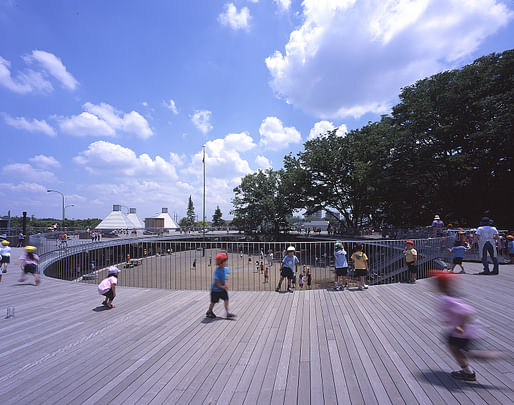
Tezuka Architects focused on designing an open, inclusive educational environment, in support of the Montessori education method, which encourages independence and freedom. “We want the children here to grow into people who do not exclude anything or anyone,” the architects said.
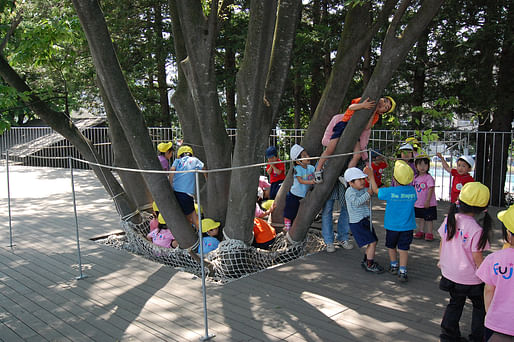
The rooftop of the building encloses an inner courtyard and also serves as an open-air deck that the kids can run on in circles, with some kids even covering 6 kilometers a day, according to the designers. They can climb the pre-existing zelkova trees and then slide back down to the ground.
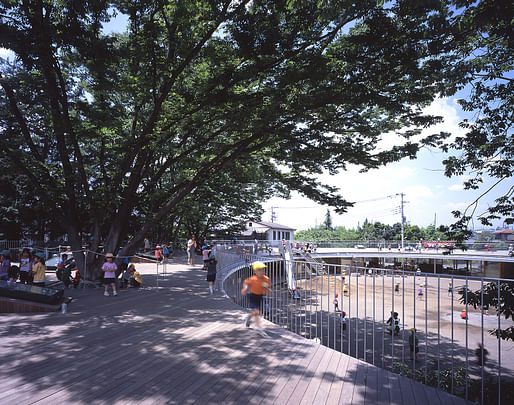
The architectural spaces were designed at the scale of a child. “The ceiling heights are 2.1 metres creating a close relationship between the ground level and the rooftop. A slender balustrade encircles the roof with a maximum spacing of 110 mm--too small for a child's head, but big enough for feet to dangle through,” Tezuka Architects describes.
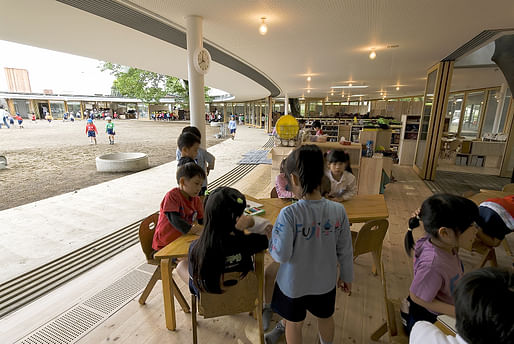
Between April and November, the building's sliding doors are left open, and there's no distinction between indoors and outdoors. The interior has no walls between spaces.
Playful details include skylights and outdoor faucets for the children to wash up. On rainy days, collected rainwater flows through five gargoyles and into five large basins in the courtyard below, therefore creating waterfalls that the children can gather around.
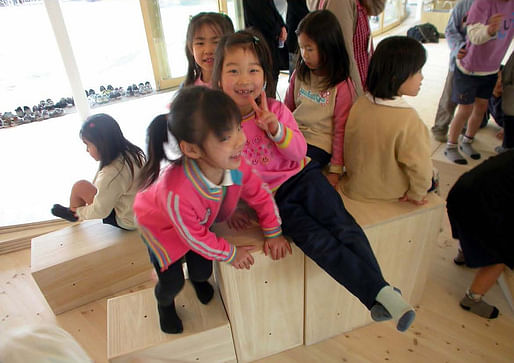
“The form creates inclusivity. There's no hierarchy, no segregation between better students and other students, between staff and pupils. That's a direct result of the form and the way the whole building opens up,” the jury commented.
“In contrast to much architecture, where artifice is employed in the creation of spectacle to mask a lack of substance, the Fuji Kindergarten demonstrates that architecture can profoundly enhance lives through understanding cultural needs of the day, and responding through intellectual exploration and manifestation through the craft of architecture,” they added.
Project details:
Fuji Kindergarten, Tokyo, Japan
Tezuka Architects
Date of occupany: 2007
Site: 4,791.6 square meters
Building: 1,419.2 square meters
Construction budget: CAD $4,093,611

2025 Lyceum Fellowship - A Community for the Future of Food
Register/Submit by Thu, May 22, 2025
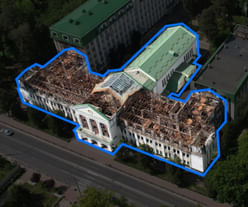
Rebuild the State Tax University Main Campus in Irpin
Register by Sat, Feb 1, 2025
Submit by Fri, Feb 28, 2025
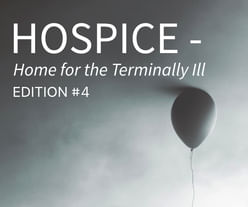
Hospice - Home for Terminally Ill #4
Register by Thu, Mar 13, 2025
Submit by Mon, Jun 16, 2025

MICROHOME Kingspan 2024/25
Register by Thu, Feb 13, 2025
Submit by Tue, Mar 18, 2025
No Comments